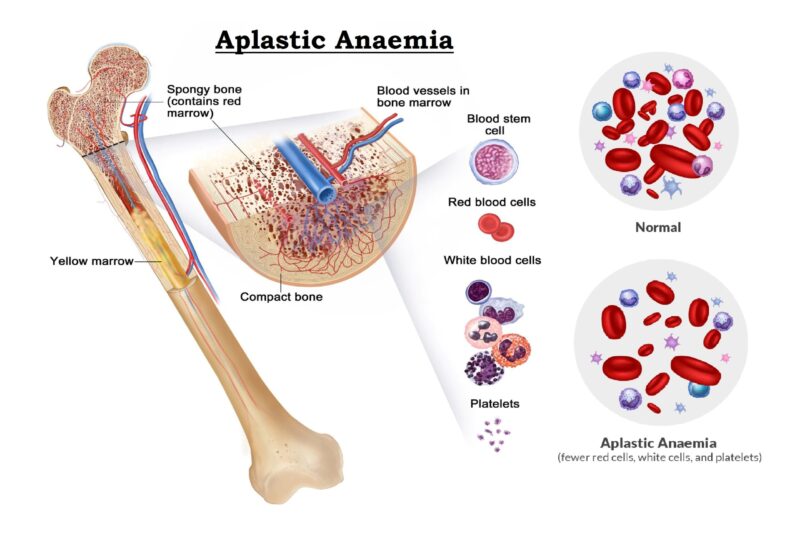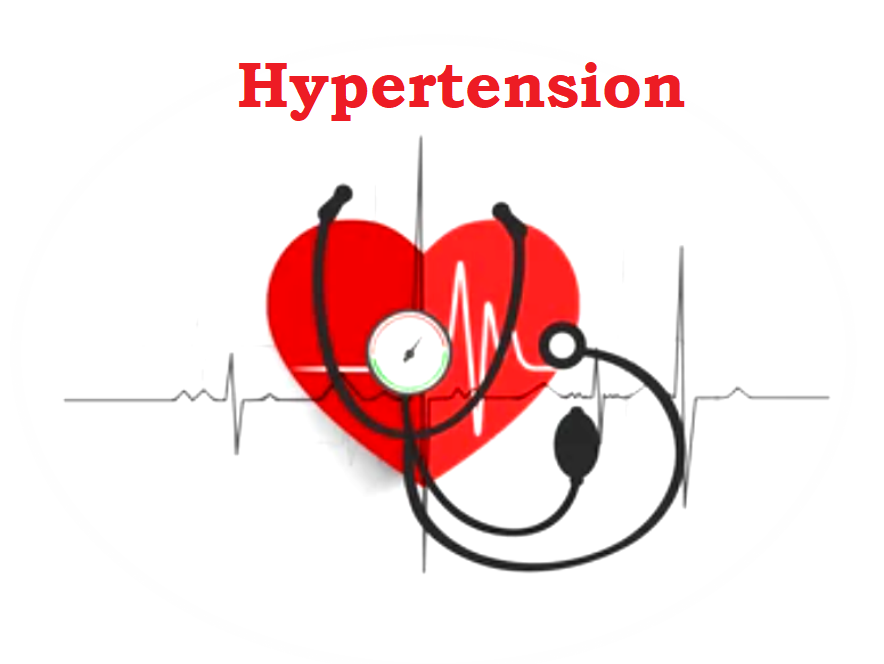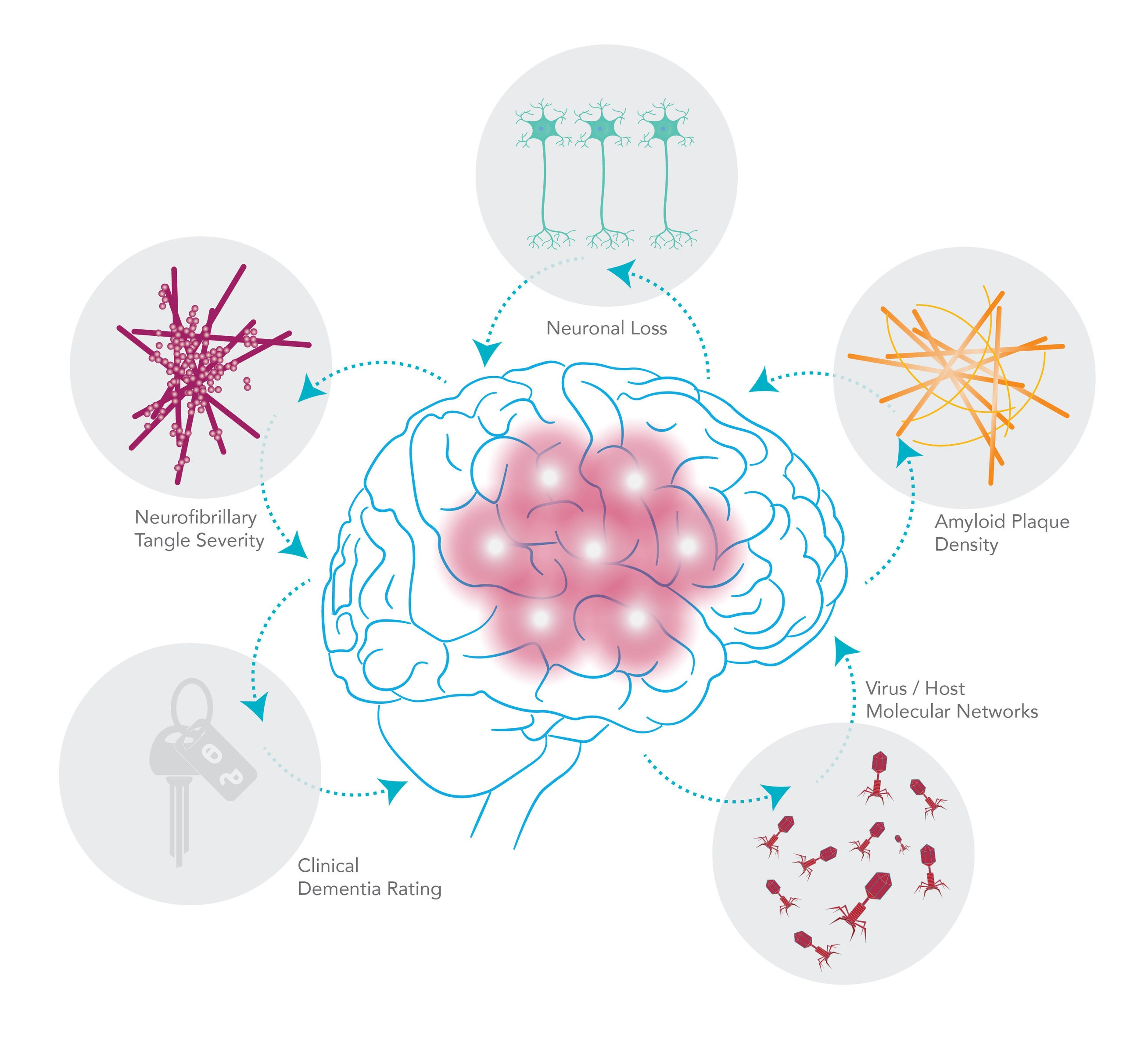Alzheimer’s disease has many side effects and complications that can create problems for the patient and their caregivers. It is important for all caregivers to be aware of these conditions to minimize problems. At starting phase, people with Alzheimer's disease may notice mild confusion and difficulty remembering because of the brain cells degenerate and die, causing a steady decline in memory and mental function. Afterwards may even forget important people in their lives and undergo dramatic personality changes.
Initially medications and management may temporarily improve symptoms. But because there's no cure of the disease, it's important to seek supportive services and tap into support network as early as possible.
- People who have Alzheimer’s disease may fall, which can cause serious injuries. Many people with the disease have to use a cane or walker, but they may not remember that they need to use them. That is how many serious falls can happen.
- A Urinary Tract Infection (UTI) is another common complication of which caregivers should be aware. They are particularly frequent in the mid to late stages of the disease, as incontinence becomes more of an issue. So, many people who have the disease must use a catheter. These often are needed, but they can bring bacteria into the body and cause a UTI.
- Bedsores occur when a person sits or lies in bed for a prolonged period of time in one position, causing the breakdown of the skin because of prolonged pressure on the area. In the late stages of Alzheimer’s, it is harder to move, so the patient might be lying down or sitting in one place more.
- As Alzheimer’s progresses, the patient might find that they forget to eat or drink, or find that they lose their appetite more often. It might also be harder for them to swallow or eat. This can lead to pneumonia in the later stages of the disease. This can happen because the patient is not able to communicate pain and discomfort to the caregiver.
As Alzheimer's disease progresses to its last stages, brain changes begin to affect physical functions such as swallowing, balance, and bowel and bladder control. These effects can increase vulnerability to additional health problems such as inhaling food or liquid into the lungs (aspiration), pneumonia and other infections, falls, fractures, bedsores and malnutrition or dehydration etc.





